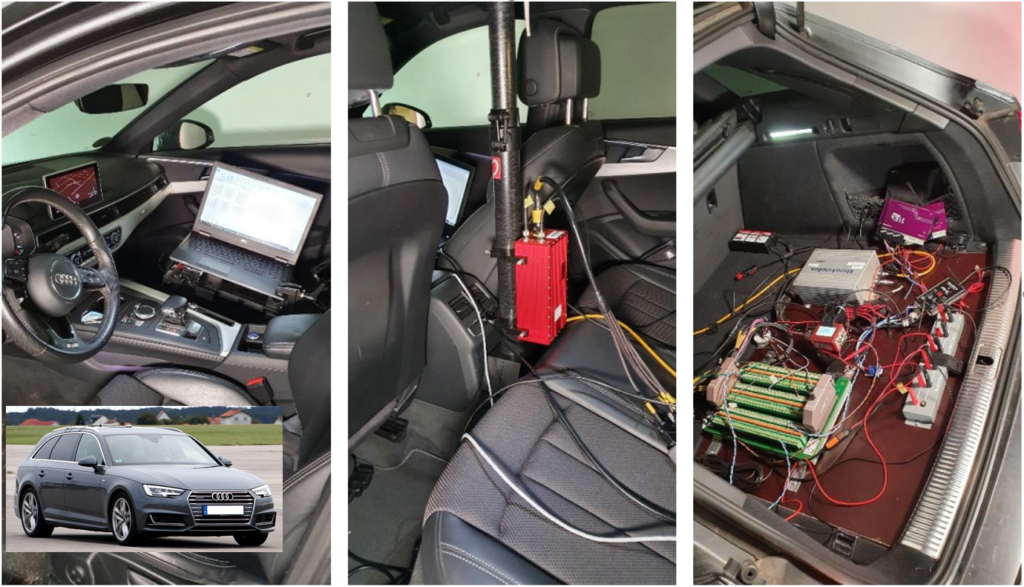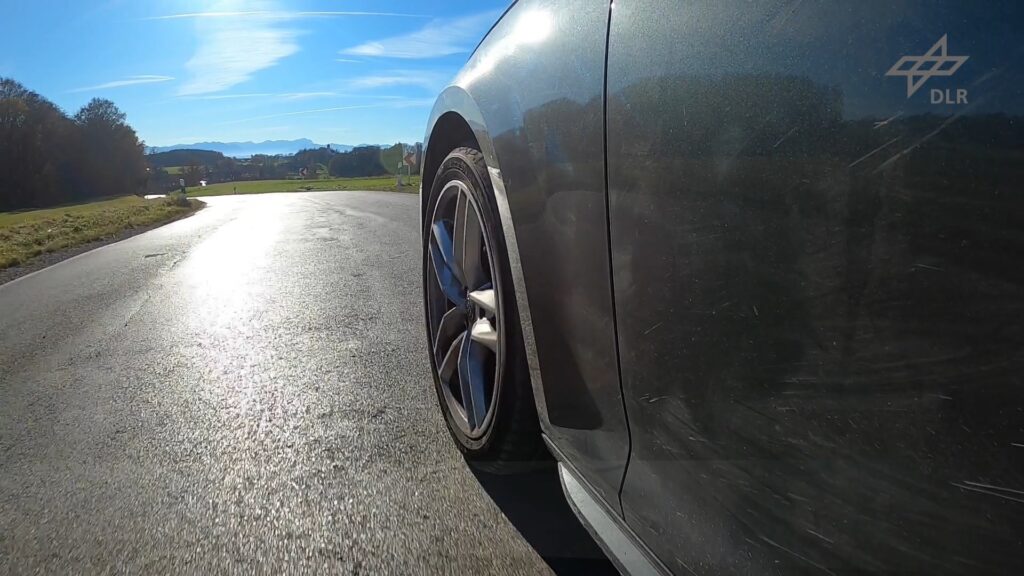The project EMPHYSIS – initiated by Bosch and the Institute of System Dynamics and Control (SR) – had a budget of 14 million Euro and was successfully finished in February 2021. In the project the new standard eFMI (Functional Mock-Up Interface for embedded systems) was developed. The tool chains were evaluated in industrial use cases applying very advanced control and diagnosis functions on embedded systems more cost-efficient and faster than using standard technologies. On September, 15th, 2021 the European research project achieved the “ITEA Award of Excellence for outstanding results in Innovation, Business impact and Standardisation”.
SR was one of the initiators of EMPHYSIS and led the work package for development and specification of the eFMI standard. SR contributed as responsible editor to relevant parts of the specification document. During the standardization the institute could benefit from
- its expertise in modeling of multi-physical systems and
- complex model-based controllers as well as
- their automatic transformations to executable simulation algorithms on real time systems.
In close cooperation with project partners, SR developed a Modelica library with many test cases. It contains a broad range of models to test the eFMI standard and the tool chains – from very simple examples up to very challenging functionalities. To validate and verify the eFMI standard reference result data were automatically and continuously generated for the test cases. These test cases were intensively used by the project partners during the development phase of the eFMI standard to test the export and import of eFMI representations and to ensure their interoperability between the tools.
Within the Modelica Association projects „eFMI“ the developed open source library was already published (https://github.com/modelica/efmi-testcases/) and it will be maintained in the future within the project.
In EMPHYSIS the developed eFMI tool chains were demonstrated in several use cases. SR was responsible for the demonstrator of model-based vertical dynamics control of semi-active dampers in a road vehicle. Complex models of the vehicle dynamics were prepared in Modelica in cooperation with a project partner. Based on these models prediction models for a nonlinear Kalman filter and physical controller models for vertical dynamics control of the vehicle were derived.
In cooperation with partners the eFMI toolchain established in the project could successfully be applied on a series electronic control unit in the demonstrator vehicle. Thereby, the Modelica models were transformed to eFMI Algorithm Code (GALEC code) and in a second step to eFMI Production Code (C code). This code and a generic C code library for nonlinear Kalman filter – developed by SR – were successfully integrated into the software environment of the control unit. In a next step the software was tested in a lab regarding functionality and real time behavior. After the successful tests the software was deployed on the electronic control unit for vertical dynamics control and it was successfully validated in driving tests of a road vehicle – equipped with corresponding sensors – on a test area as well as on urban and interurban streets.

In summary, the functional eFMI tool chain for a complex nonlinear controller based on inverse dynamical multi-physical models was impressively shown by means of the demonstrator. Multi-physical Modelica models can be directly used in the tool chain to generate executable code on an electronic control unit – the great advantage of this approach. It offers the possibility to transform complex model-based control functions easier and quicker into code that is suited and optimized for embedded systems.

The ITEA project EMPHYSIS was funded by the German Federal Ministry of Education and Research under the contract 01IS17023B.
Duration: 09/2017 until 02/2021